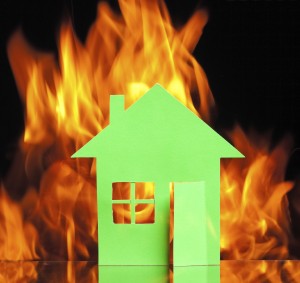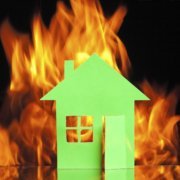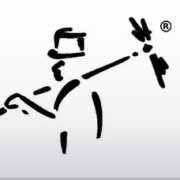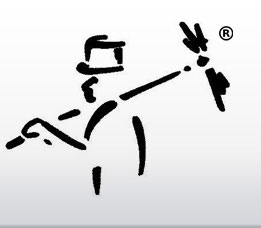Tips on reducing the risk of chimney fires
It’s time to do your autumn sweep!
 Whilst many of us will revel in the idea of a glass of wine or local ale in front of a roaring fire they do come with safety considerations and risks; there are approximately 6,000 chimney fires in England each year. We look at ways of reducing the risk of holiday home chimney fires.
Whilst many of us will revel in the idea of a glass of wine or local ale in front of a roaring fire they do come with safety considerations and risks; there are approximately 6,000 chimney fires in England each year. We look at ways of reducing the risk of holiday home chimney fires.
The most common cause of chimney fires are:
- Infrequent sweeping and cleaning
- Burning unseasoned wood
- Smoldering wood for long periods in wood stoves.
Whilst the consequences of chimney fires can be extremely expensive, disruptive and even fatal, there are a few risk reducing things holiday homeowners can put in place which are both low cost and easy to implement.
How to minimise the risk of chimney fires in holiday homes
Sweep your chimney before first use
Any full or partial blockage to your chimney or flue is a risk of both fire and carbon monoxide poisoning. These blockages can be caused by a variety of reasons, from birds nesting to the ongoing buildup of soot.
It’s vital that in advance of being lit for the first time in autumn, your chimney is swept. The Guild of Master Chimney Sweeps (www.guildofmasterchimneysweeps.co.uk) and The National Association of Chimney Sweeps (www.nacs.org.uk) have a network of members throughout the country. As well as provide a professional chimney cleaning service they will make recommendations as to how often your holiday homes chimney and flues should be swept.
Chimney sweeping frequency
- Smokeless fuel – at least once a year
- Wood – quarterly when in use
- Oil and gas – once a year
In addition wood burning stoves, biomass, gas and oil boilers should be installed and regularly serviced in accordance with the manufacturer’s instructions by a competent engineer.
Ensure your fire has a fireguard
Sparks can easily fly from your fireplace and quickly result in a fire or at the very least damage to your carpets or flooring. If you do have an open fireplace in your holiday home a fireguard should be provided for guests and be in place at all times.
Remove accelerants
If your property includes a BBQ for visitors to enjoy in the summer you may have materials in your holiday home designed to aid and quicken the lighting or burning of charcoal.
Ensure they are removed from your home in order to avoid guests trying to dangerously accelerate the burning of their fire.
Communicate with your guests
Many of your guests will not have fires at home and will therefore have limited knowledge of their safe upkeep.
This highlights the need for effective and clear communication of fire safety with your guests. Think of ways in which factors such as ensuring the fire is extinguished before going to bed at night can be conveyed to those staying in your holiday home.
When was the last time you checked your detectors?
Your holiday home should include working smoke alarms or heat detectors and a carbon monoxide alarm which should be checked on a regular basis, not only to replace batteries when necessary but also that the unit is in full working condition. They do save lives so make sure yours are working.
The insurance angle – helping you get back on your feet
Our holiday homeowners are covered for damage to their property as a result of fire. We also understand the potentially devastating financial impact having your holiday home unavailable for let as the result of a fire can have on your business. Our loss of income covers you for the potential loss of income you may suffer as a result of disruption or interruption caused by an insured event such as fire.
This means that should you lose trade then you’ll not have to pay the price of the loss of trade you suffer through cancellations and periods of not being able to accept bookings.
We also understand that repairs and maintenance after such an event won’t be immediate; that’s why our indemnity period extends to two years.
For more holiday let maintenance tips and other top tips for holiday home owners please do have a read through our blog and let us know if there are any areas you’d like to us to write about.
Boshers offer specialist holiday home insurance to owners across the UK. For more information on how a specialist insurer can help and support your holiday home business, please give us a call on 01237 429444.


